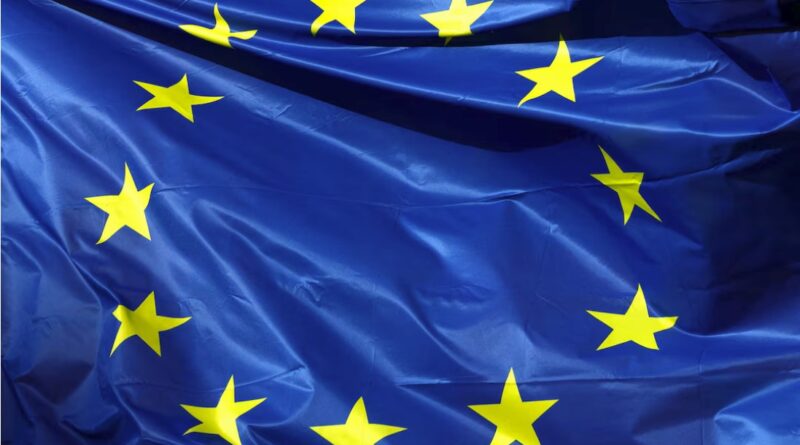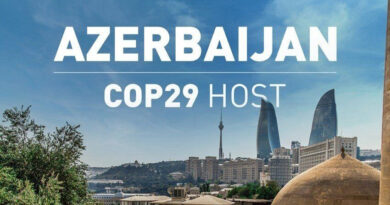EU approves law to hit gas imports with methane emissions limit
European Union countries approved a law on Monday to impose methane emissions limits on Europe’s oil and gas imports from 2030, pressuring international suppliers to cut leaks of the potent greenhouse gas.
Methane is the main component of the natural gas countries burn in power plants and to heat homes. It is also the second-biggest cause of climate change after carbon dioxide, and fuels global warming when it escapes into the atmosphere from leaky oil and gas pipelines and infrastructure.
EU countries’ agriculture ministers – who, in common with all ministers, have the power to approve laws on any topic – gave their governments’ final approval to the policy at a meeting in Brussels, meaning it can now enter into force. Only Hungary voted against it.
From 2030, the EU will impose “maximum methane intensity values” on fossil fuels placed on the European market. The European Commission will design the exact methane limits by that date.
Importers of oil and gas that flout the limit could face financial penalties.
The import rules are likely to hit major gas suppliers such as the U.S., Algeria and Russia. Moscow slashed deliveries to Europe since its 2022 invasion of Ukraine and has since been replaced as Europe’s biggest pipeline gas supplier by Norway, whose supply has among the world’s lowest methane intensity.
The Biden administration – which alongside the EU has rallied countries to cut methane emissions by 30% by 2030 to limit climate change – has welcomed the EU’s methane law.
The U.S. last year set out its own rules requiring oil firms to limit their methane emissions.
From 2027, the EU will also require that new import contracts for oil, gas and coal can only be signed with foreign producers that follow methane emissions reporting rules equivalent to those of the EU.
Those rules include that European producers must regularly check their operations for leaks of methane, on timelines ranging from every four months for LNG terminals to every three years for energy infrastructure below the seabed.
The EU policy also bans most cases of flaring and venting, when oil and gas companies intentionally burn off or release unwanted methane into the atmosphere.
Source: Reuters




